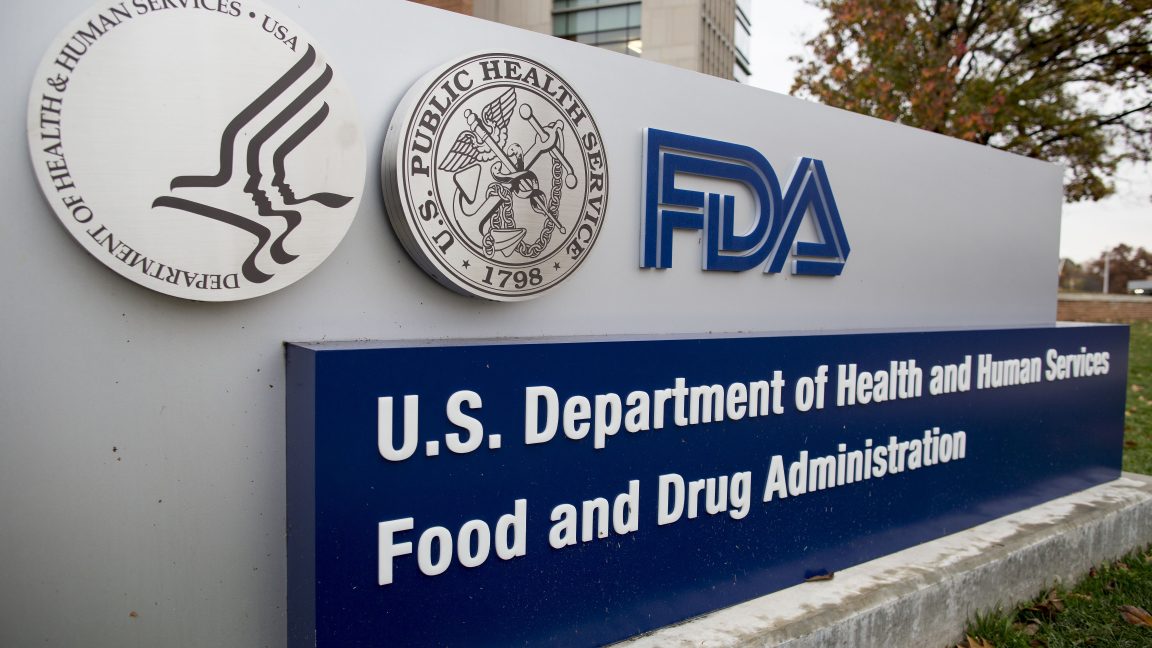FDA Drug Approval Process Slows Amid Administrative Turmoil

The U.S. Food and Drug Administration (FDA) is experiencing significant delays in drug reviews and approvals, a development linked to recent organizational upheavals within the agency. The chaos stemming from workforce reductions and leadership turnover during the Trump administration has impacted the agency’s operational efficiency, according to recent analysis by Stat News.
Data from RBC Capital Markets indicates that the rate of drug approvals has declined markedly. In the third quarter, approvals dropped by 14 percentage points, falling from an average of 87 percent in the previous six quarters to 73 percent. This slowdown is accompanied by an increase in review deadline delays, with the delay rate rising from 4 percent to 11 percent, suggesting that the agency is struggling to keep pace with its usual timeline commitments.
Additionally, the FDA has become more conservative in its approval decisions, rejecting a higher proportion of applications—raising rejections from a typical 10 percent to 15 percent in the same period. A notable portion of these rejections is attributed to issues identified at manufacturing facilities, which raises concerns about the effectiveness of the agency’s inspection and auditing procedures amidst internal staffing challenges.
This trend raises questions about the future capacity of the FDA to maintain its rigorous standards while managing internal disruptions. Stakeholders in the pharmaceutical industry and public health sectors are closely monitoring these developments, as delays in drug approvals can impact the availability of new therapies and medicines. For further insights into FDA operations and regulatory processes, consult official resources such as the FDA website and industry guides provided by the FDA’s development and approval documentation.



